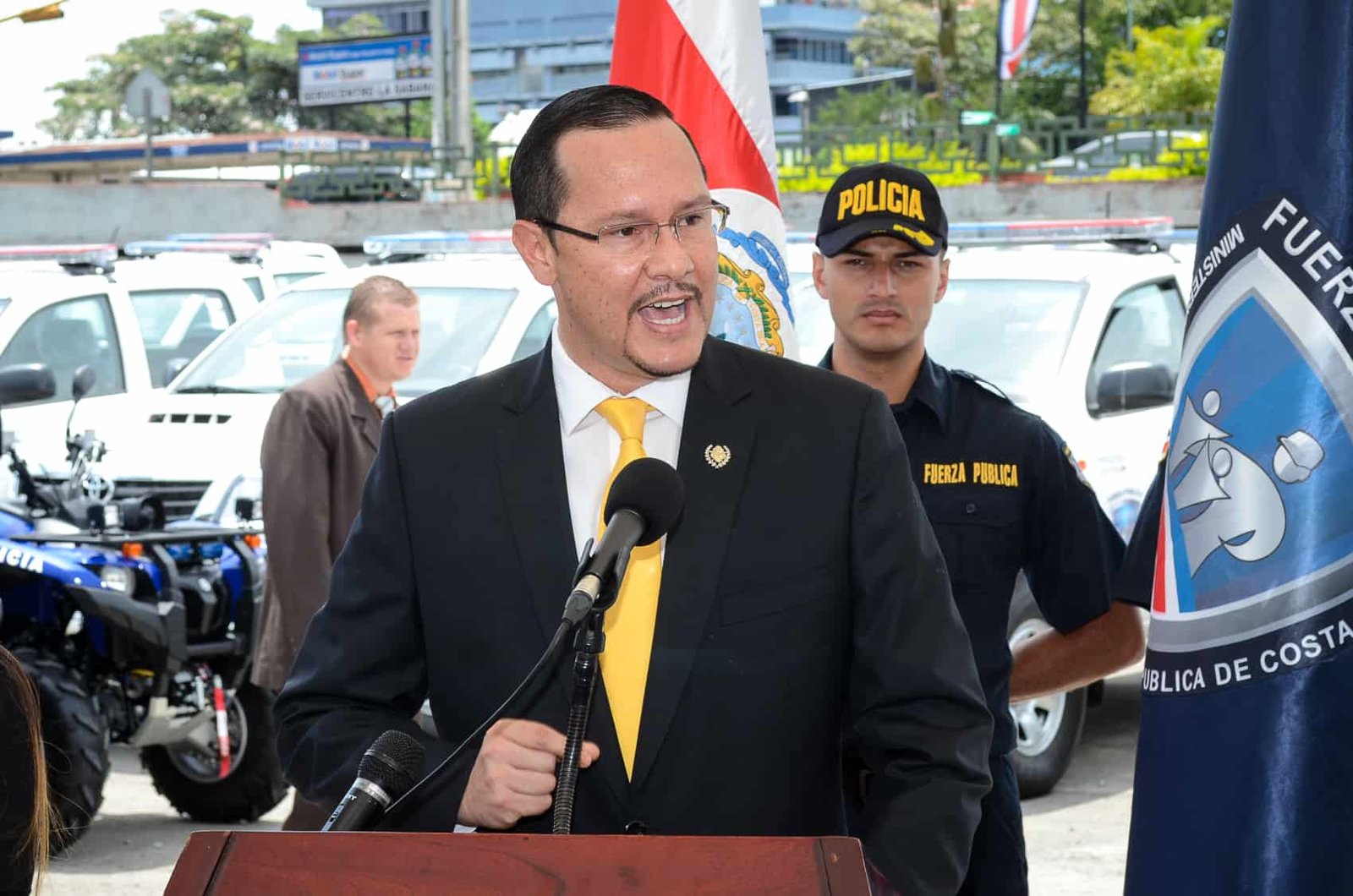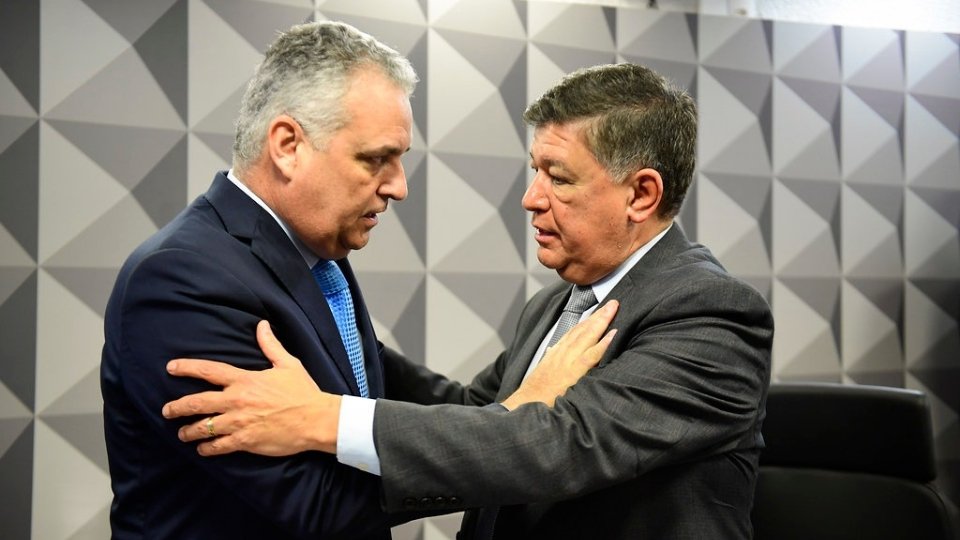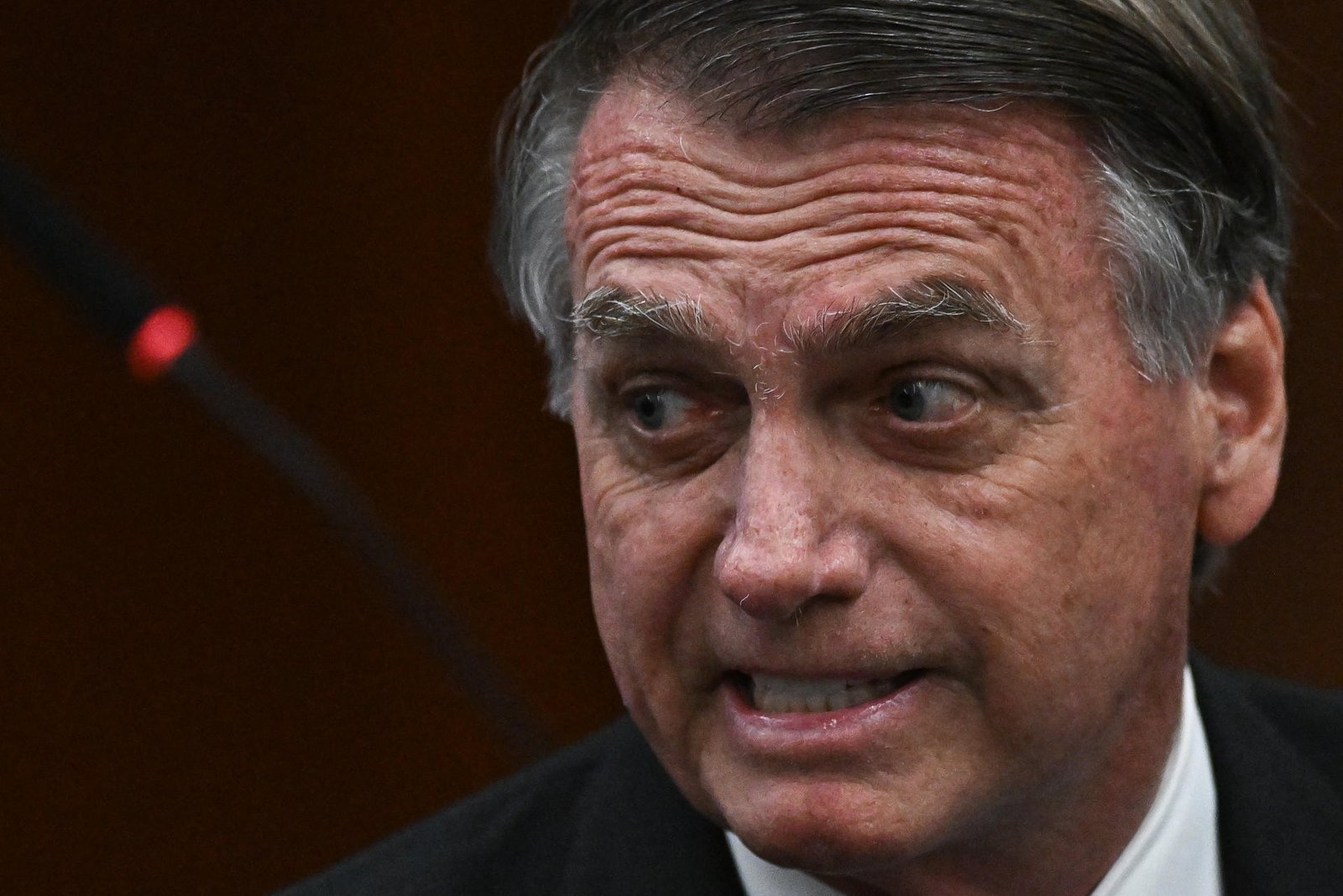Costa Rican authorities continue to hold former security minister Celso Gamboa in custody as U.S. officials push for his extradition on drug charges. Recent revelations from FBI documents detail audio and video recordings of Gamboa negotiating cocaine shipments with undercover agents in San Jose.
Gamboa, who served as Minister of Public Security from 2014 to 2015 and later as a Supreme Court judge, faces accusations of conspiring to import and distribute cocaine. U.S. prosecutors in the Eastern District of Texas unsealed an indictment in July 2025, charging him with international drug trafficking. If extradited and convicted, he could serve anywhere from 10 years to life in prison under federal laws.
The recordings form the core of the case. FBI Special Agent Torres testified in Exhibit D that agents met Gamboa at least twice in 2023—on September 20 and November 7. During these encounters, Gamboa outlined ways to move cocaine loads through Costa Rica. He claimed strong ties to judicial and police officials, offering to share details on ongoing investigations and arrange protection for shipments.
In the first meeting, Gamboa arrived alone and boasted about his access to court files. Agents posed as traffickers with hypothetical plans, and he responded by promising introductions to officials who could shield operations from scrutiny. He talked about predicting police moves and swaying court outcomes.
The second meeting drew more attention when Gamboa showed up with an associate. They discussed cocaine prices in Costa Rica, Guatemala, and Mexico—ranging from $3,000 to $5,000 per kilo depending on the location. Routes included Pacific and Atlantic coasts, with endpoints in Miami and New York. Gamboa allegedly quoted $600,000 for handling 200 kilos, including safe passage and insider tips on law enforcement activities.
After that session, Gamboa cut off contact. Torres noted the third party’s involvement hinted at a larger group. The agent expressed certainty that Gamboa maintains extensive contacts within the Costa Rican government, based on the conversations.
Beyond the tapes, witnesses have come forward. One collaborator described coordinating $16 million in deposits to Gamboa and a suspected trafficker in Mexico between July and August 2021. Other transfers reached millions, funneled through Gamboa’s companies. U.S. Treasury officials sanctioned him and two of his firms in August 2025 for laundering drug money.
FBI links Gamboa to specific seizures, including two tons of cocaine intercepted in 2020 off Costa Rica’s coast. Investigators tie him to cartels like Sinaloa and the Gulf, where he allegedly acted as a bridge, selling intelligence on anti-drug efforts.
Costa Rican police arrested Gamboa in June following a U.S. request. Diplomatic notes arrived in June 2024 and February 2025, urging his detention. While in prison, a local court acquitted him of influence peddling charges in August, related to a separate case involving former San Jose mayor Johnny Araya. Despite the acquittal, he remains behind bars pending the extradition decision.
Gamboa denies the allegations, insisting no seized shipments directly connect to him. His defense argues the evidence relies too heavily on informants and lacks solid proof. Costa Rican courts will decide on extradition in the coming months, weighing the U.S. submissions against local laws.
This case highlights ongoing U.S.-Costa Rica cooperation against narcotics. The DEA and FBI have praised local agencies like the OIJ for support in operations, including intelligence sharing that led to Gamboa’s capture. Recent reforms allow extradition of nationals for drug crimes, smoothing the path for such requests.
Officials say the evidence, including the recordings, strengthens the push for trial in the U.S. Gamboa’s team fights the move, but with sanctions in place and witnesses testifying, pressure builds. The outcome could set precedents for handling cross-border drug cases involving officials. For now, Gamboa waits in La Reforma prison, where photos show him in standard inmate conditions amid ongoing legal battles.




